UN backs critical report on Gaza flotilla raid
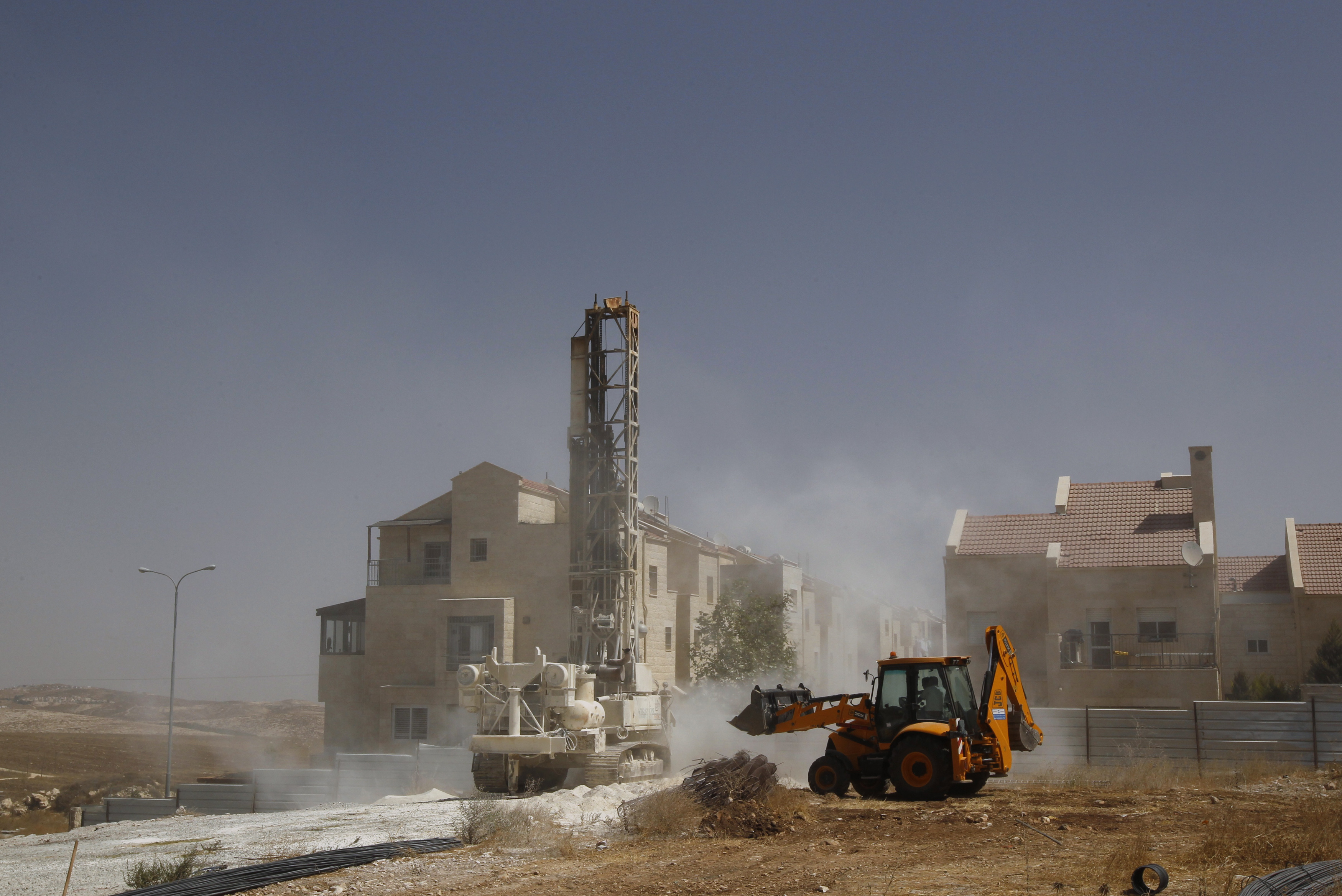
The United Nations Human Rights Council has passed controversial resolutions about a Gaza flotilla raid and follow-up to the Goldstone report into alleged war crimes.
The votes at the Geneva-based body took place alongside attempts by Washington to prevent the collapse of Israeli-Palestinian peace talks, which resumed less than a month ago after a two-year breakdown.
The council on Wednesday agreed to back a resolution, which was tabled by Pakistan on behalf of the Organisation of the Islamic Conference, calling on the UN General Assembly to consider the report of a fact-finding mission investigating the raid.
The mission, with which Israel refused to cooperate, found that the commando raid on a six-ship aid flotilla bound for Gaza on May 31, in which nine pro-Palestinian activists – eight Turks and a Turkish-American – were killed and tens of others were injured, was unlawful, disproportionate, and violated human rights and international law.
Israel says its soldiers acted in self-defence and has described the UN investigators’ work as unnecessary and irrelevant, especially as it is pursuing its own enquiries.
“These are the 34th and 35th council resolutions about Israel,” Israeli ambassador to the UN Aharon Leshno Yaar told swissinfo.ch. “The council has again proven that it is obsessed with Israel and we can’t get a fair hearing or treatment there.”
The US ambassador to the council, Eileen Chamberlain Donahoe, expressed concern on Tuesday at the “unbalanced language, tone and conclusions” of the 56-page report and urged it not to be used for actions that could disrupt the direct Israeli-Palestinian talks underway.
“Spot on”
But Desmond de Silva, a prominent British lawyer on the three-man mission, which interviewed over 100 witnesses, rejected US and Israeli statements.
“We’ve done, I think, an honest job in a reasonable time and so far as my conscience is concerned we’ve arrived at decisions that were spot on,” he told reporters in Geneva. “We went where the evidence led us.”
During a council debate Switzerland said it was “very concerned” by the report’s conclusions and urged Israel to investigate and prosecute those accused of violations.
Switzerland hopes the council’s flotilla report will be properly taken into account by the Israeli government’s own independent inquiry into the raid – the Turkel Commission – as well as by a separate review panel into Turkish and Israeli probes into the incident ordered by UN Secretary-General Ban Ki-moon.
However, Swiss human rights specialist Barbara Fontana told council members that Switzerland was “disturbed” that the UN had set up two enquiry missions on the same topic.
Goldstone follow-up
The council passed a separate Palestinian-backed resolution on Wednesday calling for an extension of the mandate of an expert committee monitoring probes by Israel, Hamas and the Palestinian Authority into claims of war crimes committed during the conflict in Gaza nearly two years ago. Progress will be assessed at the next council meeting.
The chair of the UN committee of independent experts, Christian Tomuschat, reported last week that the investigations “remain incomplete in some cases” or “fall significantly short of meeting international standards”.
His group was set up after a UN-mandated report by South African judge Richard Goldstone accused both Israel and Palestinian groups of war crimes during the three-week conflict which erupted in late December 2008.
Both sides have rejected the charges in the 575-page Goldstone report, which calls for the UN Security Council to refer the matter to the International Criminal Court if the Israelis and Palestinians fail to investigate the alleged abuses themselves.
Philippe Dam, a specialist with the non-governmental organisation Human Rights Watch, said following up the report to maintain pressure on the different actors was important, but felt the resolution “lacked ambition”.
“We would have liked to have seen the council’s report be transferred to a superior level of the UN in New York,” he told swissinfo.ch. “But we are in a wait-and-see period due to the peace process, to the detriment of the victims and those affected by the conflict.”
Broker compromise
Direct negotiations between Israel and the Palestinians were relaunched under US auspices this month. The US special envoy to the Middle East, George Mitchell, is trying to wring an agreement out of Israel to bar new West Bank settlement construction and put foundering peace talks back on track.
He is meeting Israeli and Palestinian leaders this week to try to broker a compromise to prevent Palestinians from making good on their threat to abandon the talks if Israel resumes settlement building now that a 10-month moratorium has expired.
Riccardo Bocco, a Middle East expert at the Geneva Graduate Institute, was sceptical about this ambitious plan:
“There should be work, with help from the US and the EU, to rebuild national unity among the Palestinians and to have real representatives around the negotiating table. Without this, I don’t see where we are heading with these talks.”
Gaza flotilla report: 30 states were in favour, the US voted against and there were 15 abstentions, including Switzerland.
Goldstone report follow-up: 27 states were in favour, the US voted against and there were 19 abstentions, including Switzerland.
Inter-Lebanese dialogue: In the wake of meetings held in Switzerland in 2007, the foreign ministry, at the request of Lebanon, says it is willing to create a space for discussion between all Lebanese actors on the political and institutional development of the country.
Inter-Palestinian reconciliation: Switzerland maintains contacts with all parties to promote an inter-Palestinian agreement.
Israeli-Palestinian Peace Process: Switzerland continues to support the Geneva Initiative by informing Israeli and Palestinian civil societies.
Jerusalem: The foreign ministry, at the request of local partners, also initiated a debate on the crucial issue of Jerusalem with civil-society actors involved.
Gaza: The Swiss have worked since 2007 to lift the blockade of Gaza while taking into full account the question of Israeli security. This year, the ministry developed a model with experts to monitor the movement of goods between Gaza and the outside world (a project still under consultation).
Dialogue with political Islam: Switzerland has been approached by various actors in the Muslim world, Europe and the United States to create spaces for dialogue between the West and some politically active Islamic movements.
(Source: Written responses to swissinfo questions submitted to the foreign ministry)

In compliance with the JTI standards
More: SWI swissinfo.ch certified by the Journalism Trust Initiative

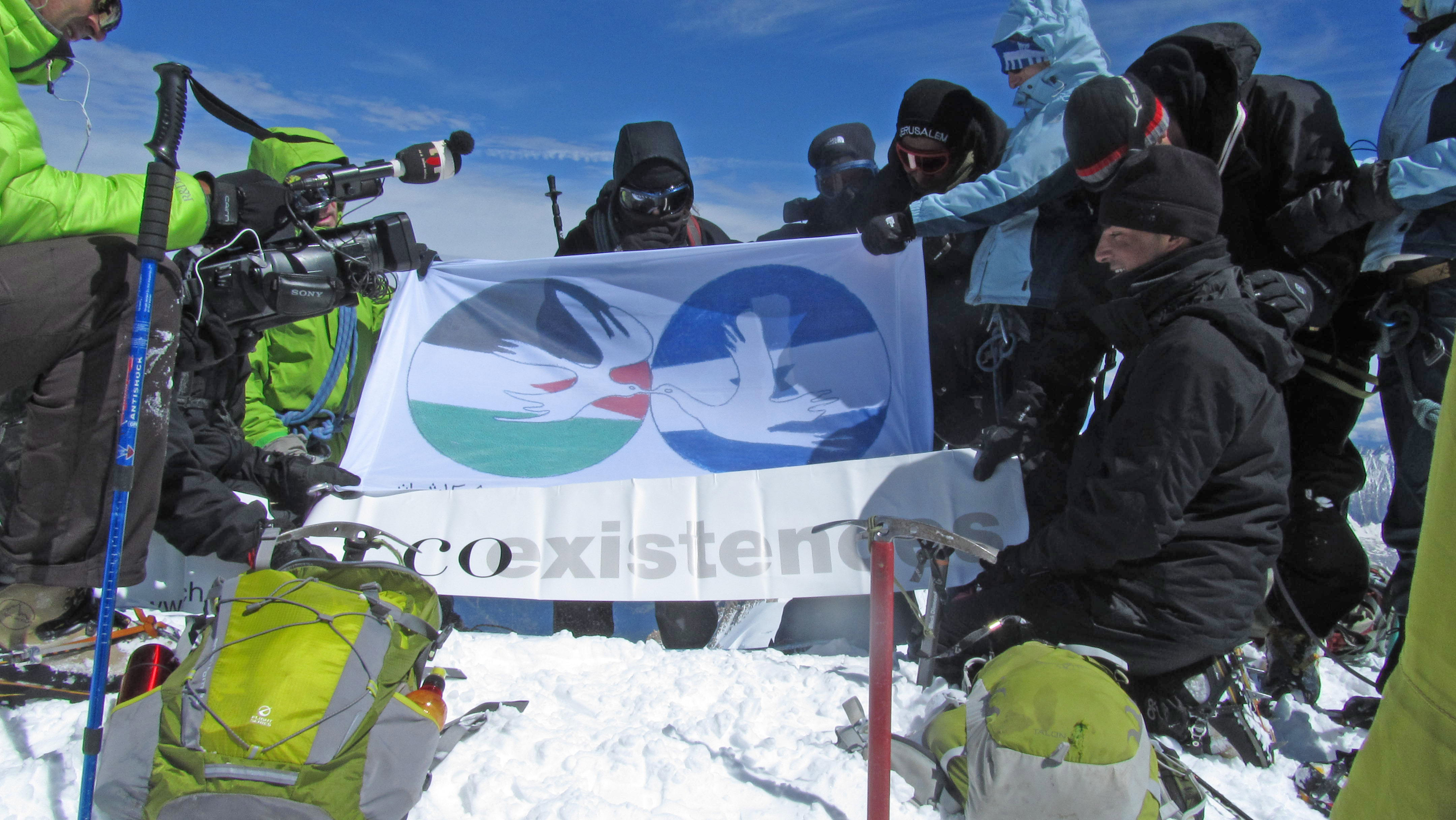
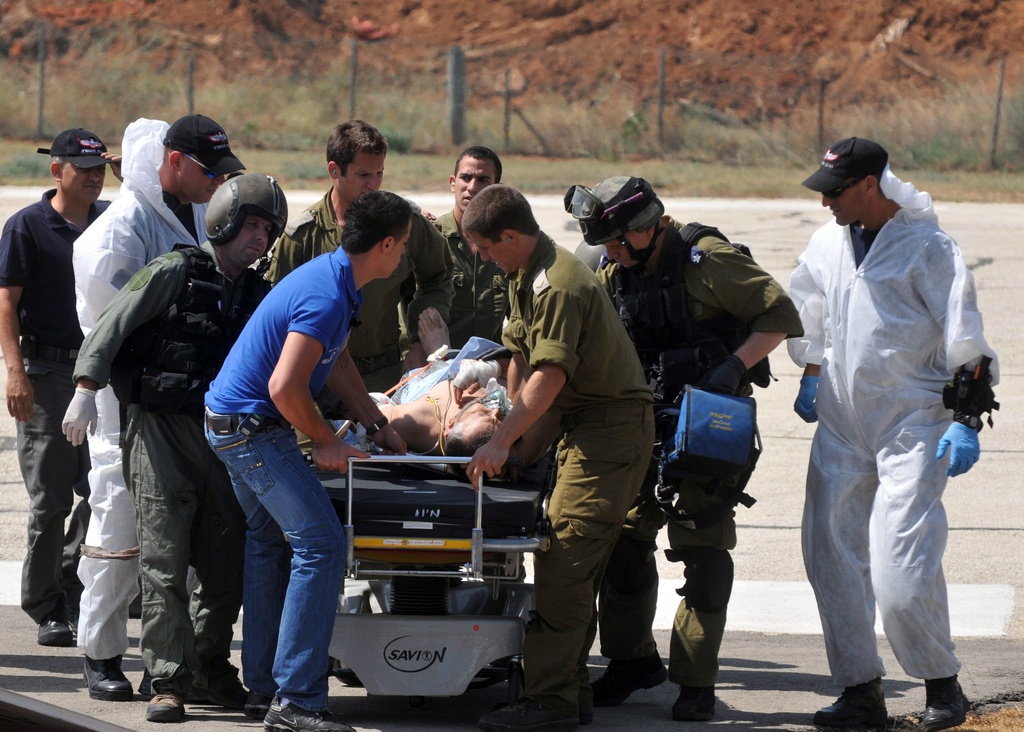
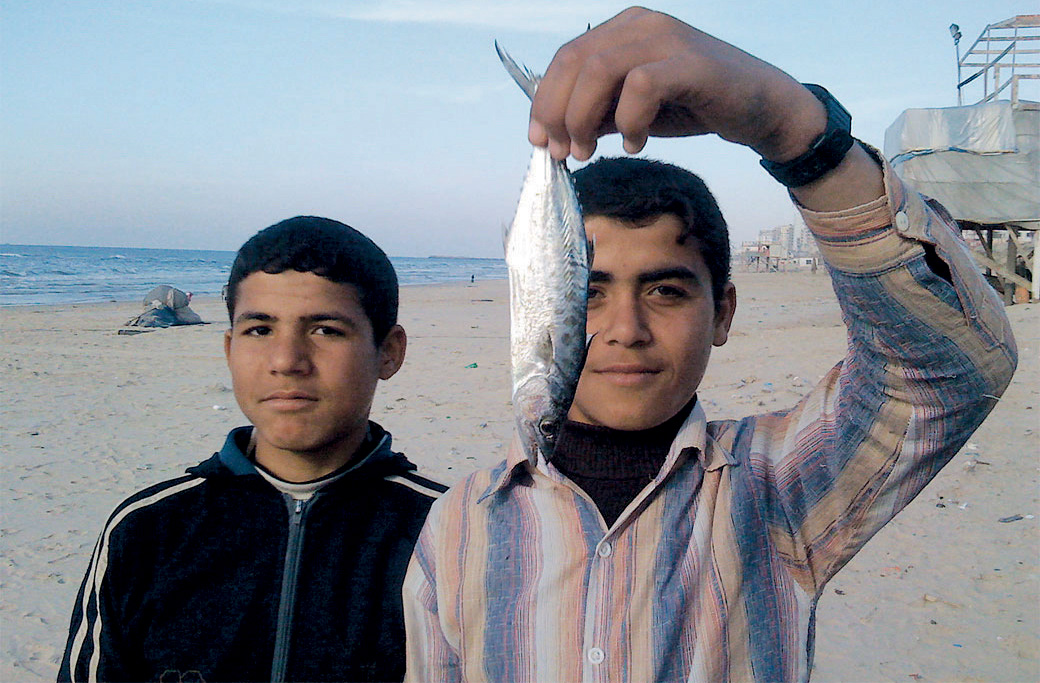
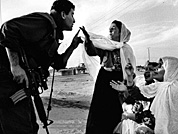
You can find an overview of ongoing debates with our journalists here. Please join us!
If you want to start a conversation about a topic raised in this article or want to report factual errors, email us at english@swissinfo.ch.